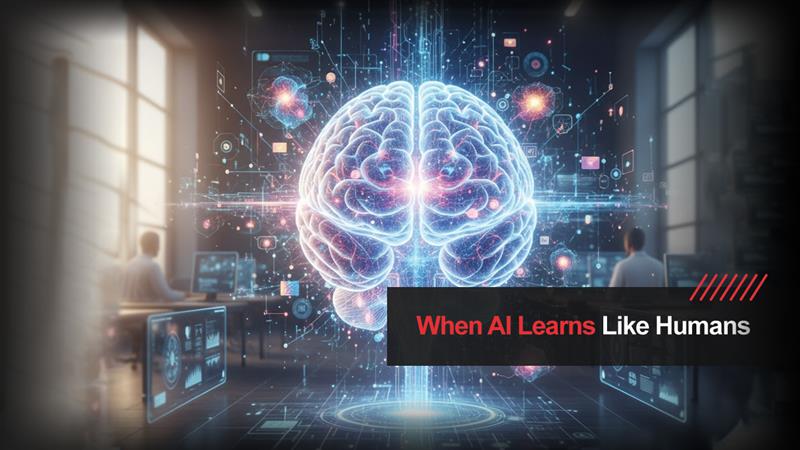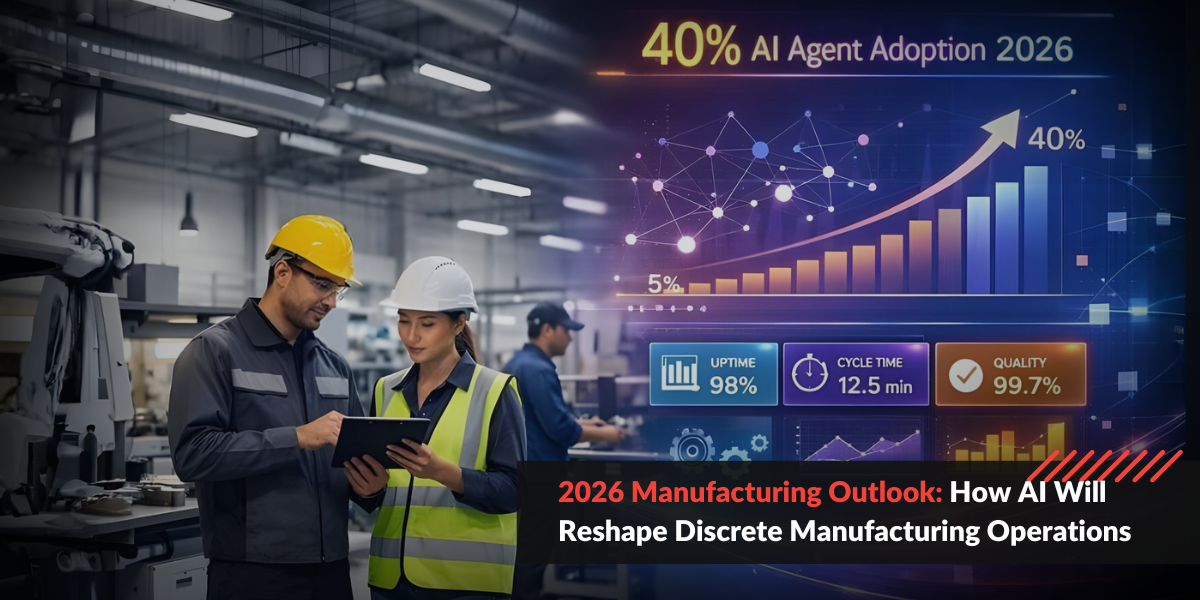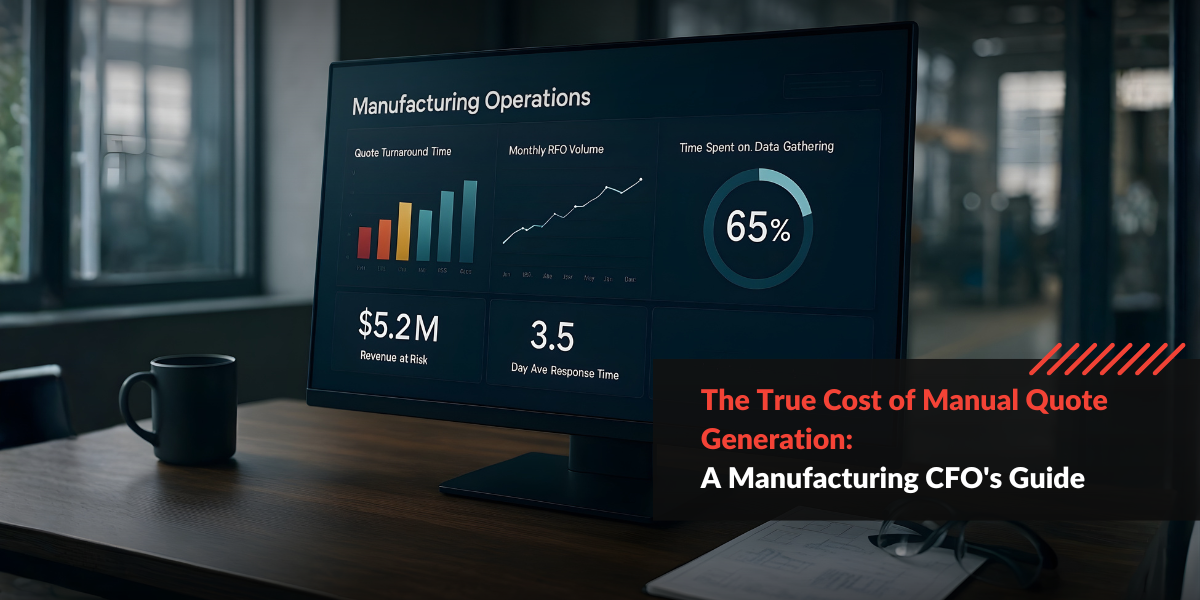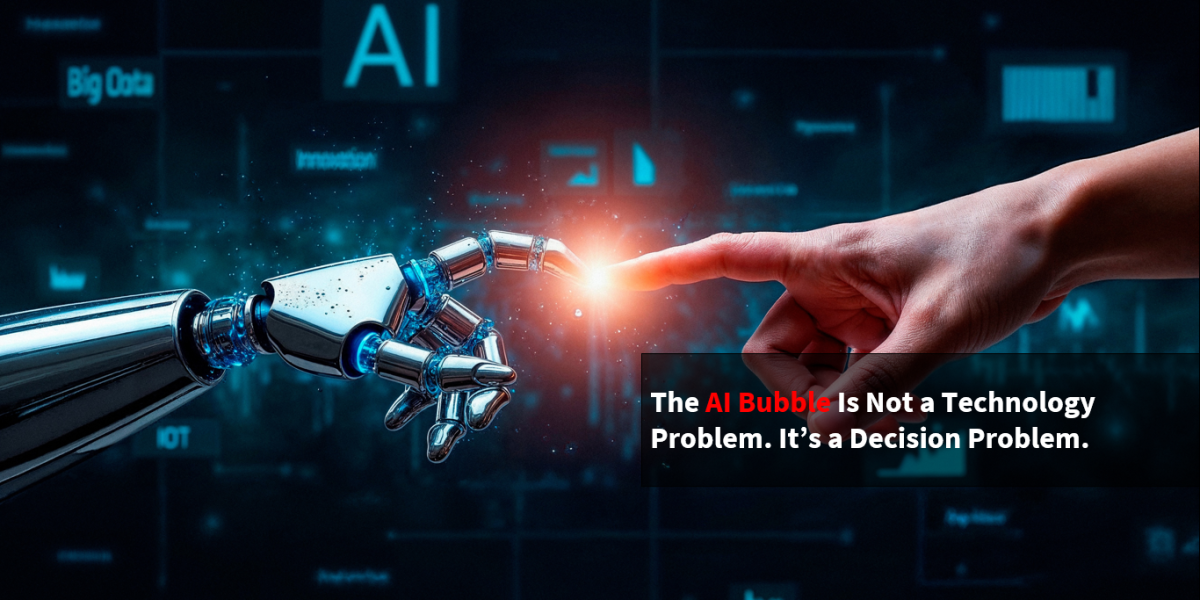Imagine teaching a child to ride a bike. At first, there are falls, scraped knees, and wobbly attempts. But each mistake teaches balance, and each success builds confidence. Over time, the child doesn’t just ride — they know how to ride.
Now imagine if, the moment you taught them how to ride a scooter, they completely forgot how to cycle. That sounds absurd for humans, but it’s exactly how most AI systems behave today.
This phenomenon is called catastrophic forgetting — when new learning overwrites old knowledge. And in the enterprise world, it’s more than an academic quirk. It’s a serious business issue.
Why Forgetting Matters for Enterprises
Think about a financial AI assistant that has been fine-tuned to process invoices with precision. It has months of experience, heuristics for unusual line items, and the ability to flag subtle errors. Then, you update it with new capabilities for expense reconciliation. Suddenly, its accuracy in invoice processing drops.
The business impact? Delays, errors, compliance issues — all because the AI “forgot” what it once knew. Unlike humans, who build layered skills, most AI models treat each update as a full rewrite of their mental playbook.
This fragility raises a key question: Can enterprises really rely on AI that forgets?
The Research: Fine-Tuning vs. Reinforcement
Researchers at MIT frame it elegantly:
– Supervised Fine-Tuning → like rewriting the entire cookbook every time you want to add a recipe. Inefficient and risky.
– Reinforcement Learning → like adding new recipes without erasing the classics. The chef grows in expertise, not confusion.
This shift in training approach matters because enterprises don’t just need accuracy in the moment. They need dependability across time. They need AI that grows without regressing.
Learning From Mistakes: A New Agent Paradigm
Beyond training methods, a new idea is reshaping AI agents: strategy-level memory.
Here’s how it works:
– Every interaction — success or failure — is not stored as raw logs but distilled into compact principles.
– Successes become heuristics to reuse.
– Failures become constraints to avoid repeating.
– When a new task appears, the agent retrieves the most relevant strategies, applies them, and then stores refined lessons for the future.
The loop is simple, but powerful: retrieve → apply → refine → store.
In practice, this turns AI from a forgetful intern into a seasoned professional — someone who doesn’t just remember instructions but also learns from experience.
The Enterprise Lens: Compounding Knowledge
For enterprises, this shift has massive implications:
– Preserve Institutional Knowledge: AI becomes a memory bank of lessons learned across projects, customers, and use cases.
– Lower Training Costs: Instead of costly retraining cycles, AI agents adapt incrementally. Each mistake avoided is money saved.
– Build Trust: Stakeholders trust AI that grows smarter over time, not one that regresses unpredictably.
Think of it this way: a human employee who forgets past training with each new project is a liability. An AI system that behaves the same way shouldn’t be treated any differently.
The Takeaway: AI That Remembers
The future of enterprise AI isn’t just about bigger models or faster responses. It’s about dependability — systems that learn like humans, compounding knowledge and becoming more valuable with time.
Enterprises don’t just need smarter AI.
They need AI that remembers.




